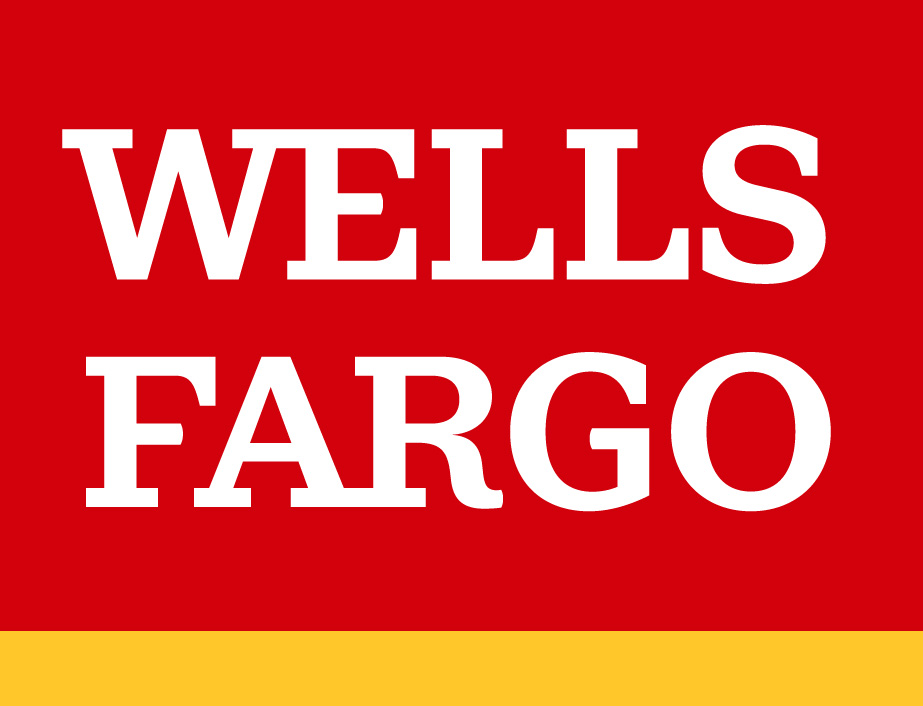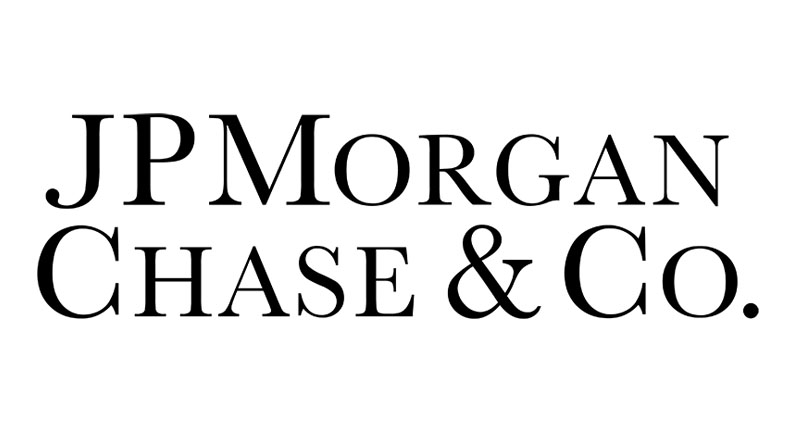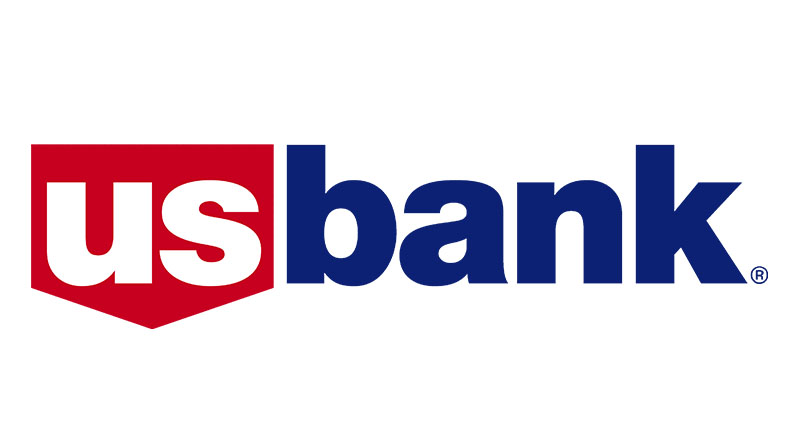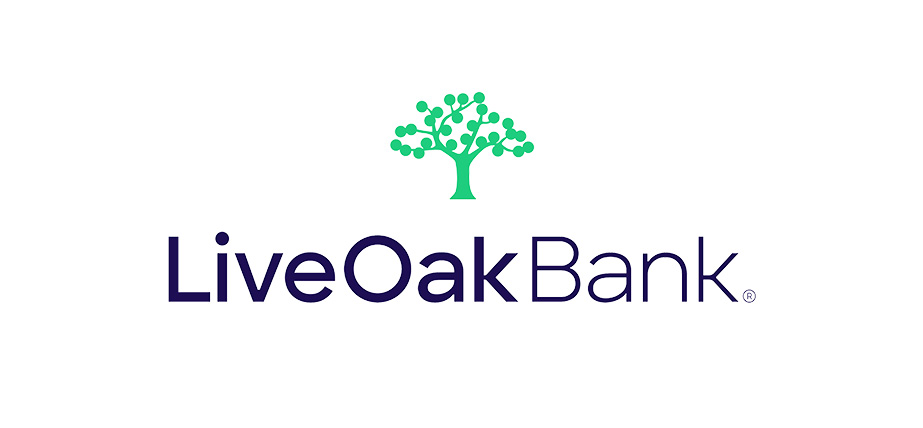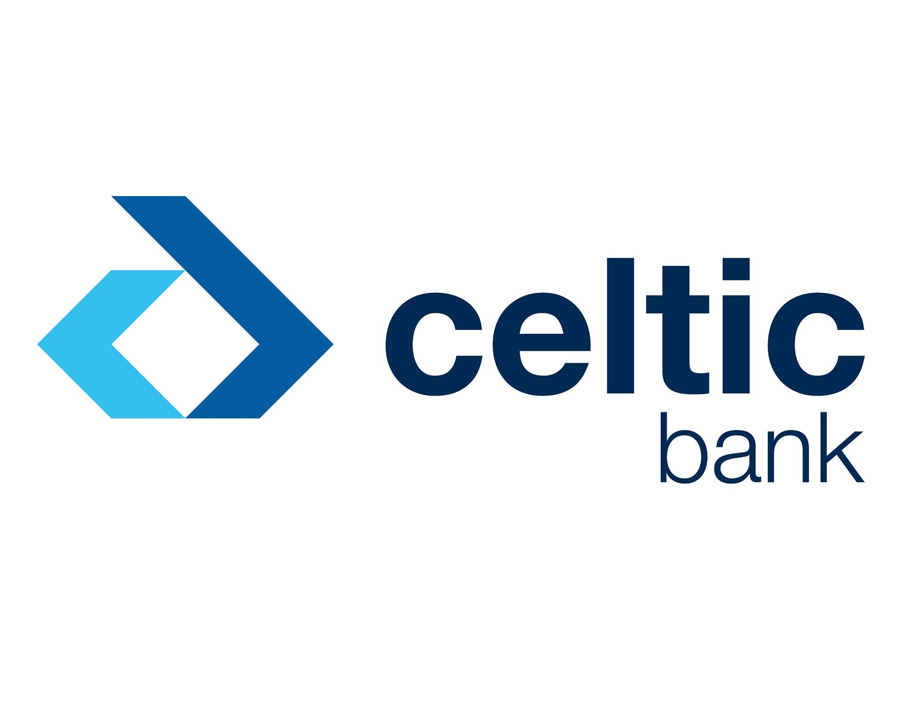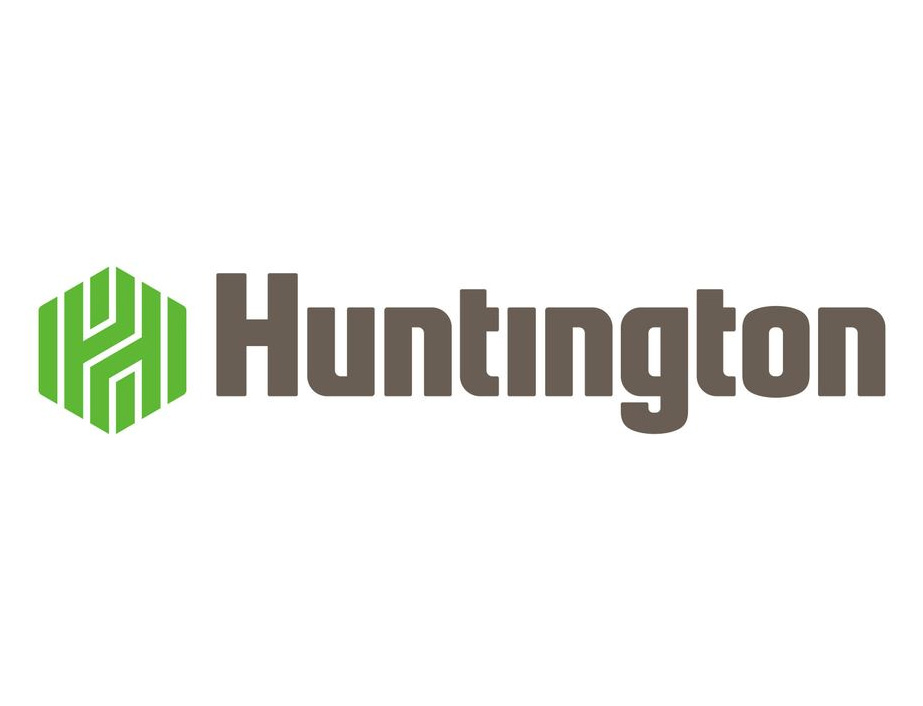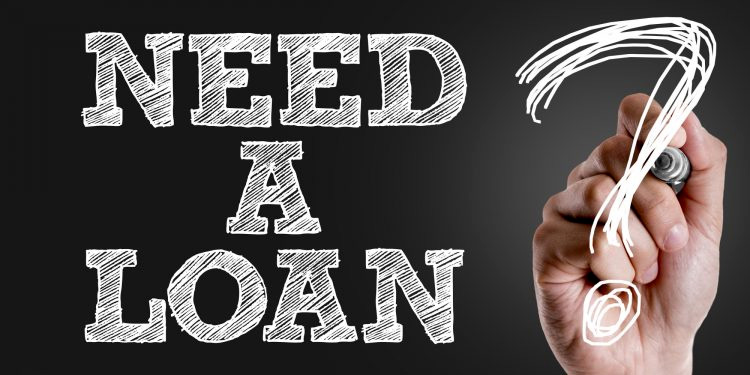Identifying the best banks for small business bank loans
The post-recession period has brought about a resurgence in bank lending to small businesses. In 2019, community and regional banks approved nearly half of the small business loan applications. While larger banks approved a near quarter of all small business loan applications, they received.
Even though these numbers have decreased due to the Coronavirus pandemic, banks remain one of the best financing options for qualifying small businesses. Below are some bank options open to any small business owner looking for conventional or SBA loans.
Table of content:
- The best banks for either conventional small business loans or SBA loans.
- The best banks that are approved SBA lenders.
- Types of loans banks offer.
- Qualifying for bank loans.
- Substitutes to bank business loans.
The best banks for either conventional small business loans or SBA Loans
Below, we shall examine the best bank options for borrowers searching for business financing options through conventional/traditional loans or SBA (Small Business Administration) loan programs.
-
Bank of America
Bank of America is going to extraordinary lengths to gain the loyalty of small business owners. The Bank of America is a viable option for any small business owner in the country because they have around 4,400 branches across the country and have strong mobile banking capabilities. They have been giving small businesses poised for growth various solutions, including; lines of credit, credit cards, business auto loans, and traditional business loans. The Bank of America offers great rates and other perks if you have other bank account services with them. This is because they value their relationships with their customers. Currently, the bank is not processing applications for unsecured business loans; they have chosen to prioritize the Paycheck Protection Program (PPP Loans). Bank of America business loans is a good option if you are a highly qualified borrower.
-
Capital One
Capital One stands out as a viable bank based on the wide variety of business financing options it makes available to small business owners. Capital One offers SBA loans (7(a) and 504 programs), commercial real estate loans, lines of credit, equipment and vehicle financing, and business installment loans. Most are familiar with Capital One due to the business credit cards they offer and the startup business options they have available. These options allow even those with bad credit to get access to reward cards.
-
Wells Fargo
Wells Fargo is an established name in business banking. They have been handling business and consumer financial loans for a long time. A bank is a good option for any borrower who isn’t sure where to start due to the large loan options. These include equipment financing, lines of credit, working capital loans, business credit cards, and short and medium-term loans. They are also an approved SBA lender. Like most other banks, there are perks involved for existing customers. Hence, if you have a personal checking account, savings account, or a business checking account with them already, it would be beneficial to look into their offered business loans. Among all the loan types offered by Wells Fargo, their business line of credit is the best to consider; it requires no collateral and is easier to qualify for.
-
JPMorgan Chase
Chase bank has one of the most robust credit offerings for businesses of all sizes. This is mainly due to the variety of lending options they make available. Chase business loans can serve most business needs, including; those who need working capital loans, commercial real estate loans, or equipment loans. They also have many SBA-backed loan options available, the 504 loan program.
-
U.S. Bank
U.S. Bank is a large lender for small business loans. However, they have a limited geographical reach. The bank has only 25 physical branches, concentrated in the west and the midwest. U.S. Bank offers; lines of credit, term loans, commercial real estate loans, and equipment loans. They are set apart from all other banks by their practice of financing loan products. This lending program allows dentists, veterinarians, and opticians to start, acquire, or expand a practice. The other U.S. Bank’s product that sets them apart is the quick loan for business. It is named ‘quick’ due to its simple application process and fast credit approval. These loans have no origination fees, have a fixed rate and monthly payments.
The best banks that are approved SBA lenders
-
Live Oak Bank
Live Oak Bank completely exists online; they have no physical branches that you can visit. They are a preferred SBA lender, focusing on SBA 7 (a) loans, 504 loans / 504 ‘green loans.’ This earned them the number one spot on the SBA lender list in 2020. The Live Oak Bank does not have many other business lending programs. However, regarding the SBA loans, they are capable of processing your loan application and getting your approval much quicker than most. They also handle agricultural loans through the USDA.
-
T D Bank
T D Bank offers all the following types of SBA loans: 504 loans, SBA Express Loans, and 7(a) loans. To apply for the above loans, you must schedule an appointment at their branches, as they do not have an online application process. This can be limiting as they mainly have an east coast presence.
-
Celtic Bank
Similar to Live Oak Bank, the Celtic Bank offers an online banking experience purely. Their specialty lies in SBA loans and conventional business loans. One of the best features of the Celtic bank is the easy online application process. The online application consists of seven questions; once you have completed it, borrowers predict whether they will get approval or not and alternative loan options where needed.
-
Huntington National Bank
Huntington offers the SBA loans; the 7(a) general-purpose loan, the SBA Express loan, and the 504 loans. This makes them a viable choice for a business at any stage, as their options are conducive to most business needs.
Qualifying for bank business loans
Small business loans have many advantages; for instance, they have low interest rates, manageable monthly payments, and long terms. They are hence, not open to everyone. To qualify, you will require strong business and personal finances. To determine your eligibility, a bank will often look at whether:
You have good personal credit.
As a borrower, you may wonder why the business lender will require you to have a good credit score. They are trying to determine how financially responsible you are. After all, you are the one who controls the business’s finances. Sometimes, when dealing with top providers, they will require you – and any co-owners – to provide excellent FICO scores (750 and above). So try to maintain a good personal credit score.
You possess a solid business history.
The best banks for small business loans often have a loan requirement for the least amount of time you need to have been in business in order to qualify for a specific loan. Generally, most business loans require you to be active for six months under the same ownership. Even then, you are expected to have impeccable financial credentials, a good business credit score, and personal credit. For easier application and to increase your chances of getting approved, a business should have been in business for at least two years. This is because it is less risky for a bank to lend capital to a business that has survived past the two-year mark.
Your business has a high annual revenue.
It is important to note that a bank will not lend you any capital if they believe you cannot payback. Hence, most banks will place a threshold of $100,000 in annual revenue to determine your eligibility. Business lenders prefer when a business is profitable, so it is important to meet every revenue and profitability mark they have before you apply.
You have a complete business loan application.
Different banks have different documentation requirements. Hence, the following is a list of general loan requirements:
- Have a clear and detailed business plan.
- Present the personal backgrounds and resumes of all business owners.
- Present the business tax returns and personal tax returns of all owners.
- Bank statements.
- Financial statements.
- Use of loan statements.
- Statement of collateral.
- Debt Schedule.
- Present your legal documents – license, articles of incorporation, registration.
Loan Processing: traditional banks vs. alternative lenders.
| Traditional banks | Alternative lenders |
|
|
|
|
|
|
Types of loans banks offer
The following are some loan types small business lenders make available to borrowers looking for financial assistance.
Business Term Loans
Within this category, there are long-term loans such as mortgages, medium-term loans, and short-term loans. They are probably the most straightforward loan option because they have a present amount and a specific time frame within which to make repayments. Borrowers are cautioned; with short-term loans, it is important to make sure that they understand the true dollar cost of the loan.
Business Credit Cards
Small business credit cards function in the same way as business credit cards. The business advantage of having a business credit card over just the personal credit card is that your good repayment history will aid you in building a business credit profile. Additionally, you get free cards for your employees; the points earned from their spending can help you redeem items for your business.
Equipment loans
This is also called equipment financing. Small business owners get these loans to help pay for manufacturing tools and new machinery. The rates on these loans depend on your credit profile. Equipment loans are considered secured business loans since the machinery being financed serves as collateral.
Long term real estate loans
Long-term real estate loans are also called business real estate loans. They are considered long-term financing because they typically involve longer terms. As a borrower, you should expect to have lower rates for property; however, prepare yourself to have a down payment. Business lenders like to see investment on the part of the borrower.
Business Lines of Credit
It is the traditionally preferred financing option for many businesses. Borrowers access the credit line as they need it, repay what they have borrowed, then access it again. Additionally, you only get to pay interest on the sum you have borrowed. The only restriction is you ought to stay below your credit limit. Business credit lines are a good way to refinance your business, especially if experiencing cash flow challenges. It has the flexibility features of a credit card and its limitations. That is, depending on your business credit profile, how big the credit line is, and your personal credit score, you’ll pay a certain interest rate.
SBA Loans
The Small Business Administration works with lender banks to bring loans that vary in intended purpose, amount, rate, and length. The most common loans offered are:
- SBA 7 (a) Loan – It is the most flexible loan program. It is a general-purpose loan that comes with low rates and origination fees.
- SBA Microloans – These loans are for startups or businesses that are just launching. Not all businesses require millions, and this is where these loans come in. they do not require businesses to show large amounts of annual revenue.
- SBA 504 Loan – For business owners interested in purchasing fixed assets such as property, the 504 loan is a suitable option. Like other SBA-backed loans, you will need excellent credit, personal guarantee, and collateral. The rates of the loan, once approved, are considerably low.
- Express loans – It is similar to the 7(a) loan, however, aimed at small business owners who need funding urgently. The loan processing is conducted in days instead of the usual months.
SBA loans, with the exception of express loans, take months to be processed and approved. They may not be conducive for all types of businesses, as you are expected to spend a month or more proving your capacity to repay the loan. The major advantage is the interest rate paid will be one of the lowest.
Substitutes to bank business loans
- Community banks: Borrowers report a higher approval rating on loan applications with smaller banks than larger financial institutions and experience greater satisfaction.
- Personal loan: A personalized loan for a business is a good idea. In case your business does not qualify for traditional business financing.
- Microloans: There are nonprofit lenders who offer microloans. Microlenders are a viable option for startup businesses that need working capital. The loan amount is typically less than $50,000, and it comes with a short repayment term.




